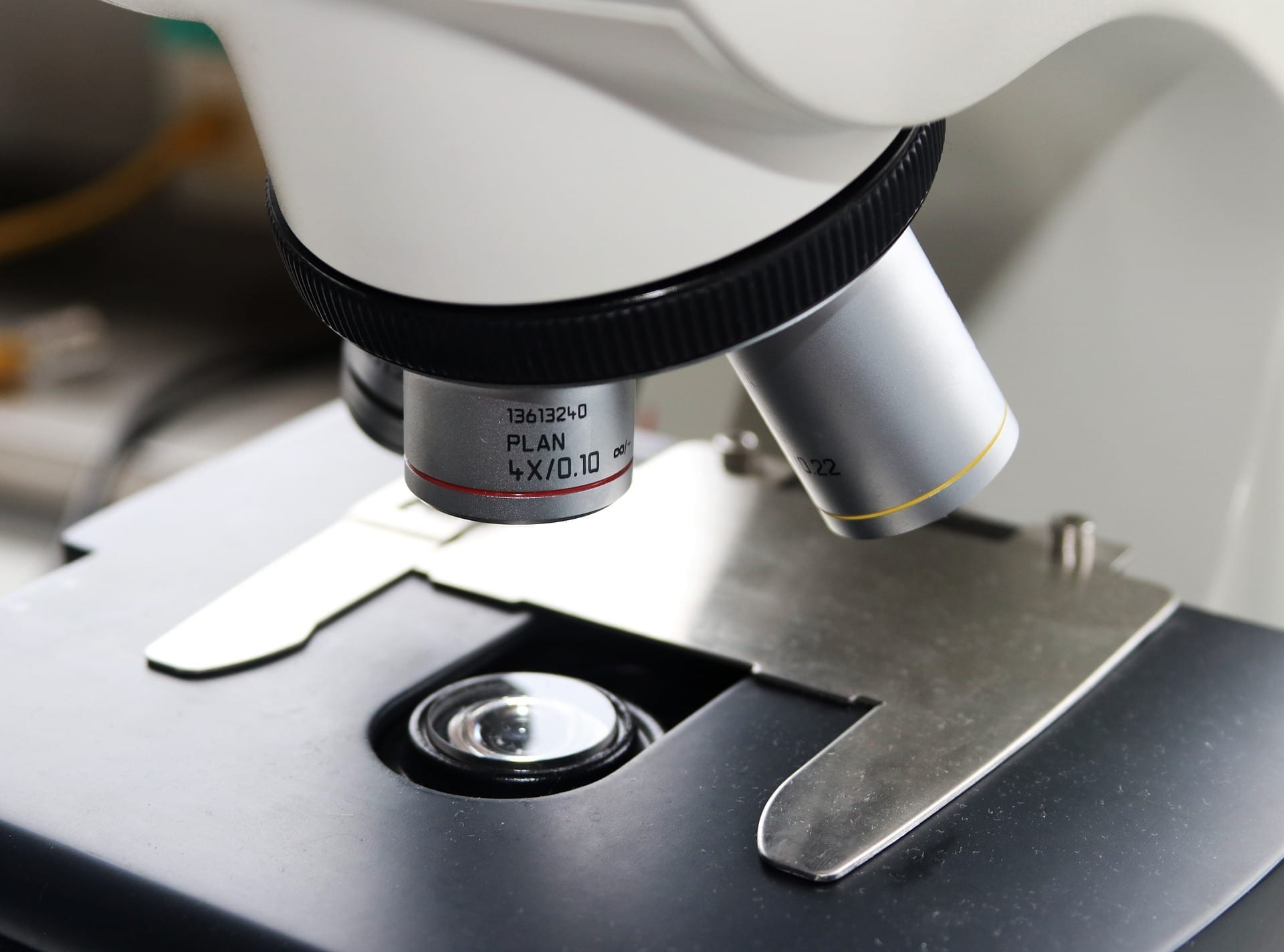
Science students’ timetables mainly consist of lectures and labs, which is a bit different to other academic degrees. The first lab at uni can be a little bit daunting, especially if it is your first experience outside the classrooms at school; the lab coats making it seem so much more serious and important.
The life sciences department here at Lincoln are really good at easing you into the labs and giving you as much initial information as possible but, as a third-year biomedical science student, here are my tips student-to-student to help you out a bit more.
Before a lab, it is good to read through the practical protocol to get an idea of what you are going to be doing. You will always be given a print-out in the lab so you don’t need to print it or make any notes in particular, but it is helpful to read through and get your head around the sorts of things you will be doing. It also lets you know what techniques are being used in that session so you can read about those if you are a little unsure on how to do them.
The technicians (and your lecturers) are really good at showing you what to do but there will be a lot of people in the labs so they might not be able to get round to your question for a while if lots of people have questions. The Pearson book ‘Practical skills in biology’ (or another science) is really helpful at summarising how to do techniques if you are unsure. Lab Tests Online is another good resource for more advanced protocols; well worth a search on if you’re feeling unsure.
However, the Pearson book ‘Practical skills in biology’ (or another science) is really helpful at summarising how to do techniques if you are unsure. Lab Tests Online is another good resource for more advanced protocols; well worth a search on if you’re feeling unsure.
One thing that was helpful for me was to copy some general protocols into the first few pages of your laboratory notebook. Some of the things I have in mine include: how to prepare a microscope for Köhler illumination, streak plating, broth culturing, spread plating, gram staining, carbohydrate analysis tests and many more; I just add these as I am going along and then when it comes to the second year you will thank yourself.
If you have covered a technique in a lab before then they generally expect you to remember the technique for next time; this is definitely the case for microbiology but the department has put some great youtube videos up which help lots with this.
My final piece of advice is just to not stress about it and you will do just fine. The first year doesn’t count towards your final grade (in life sciences, not sure about others) and you are here to learn; making mistakes are an important part of learning!
This article is featured on Learning at Lincoln.
- Topics
- Learning at Lincoln
- Science



